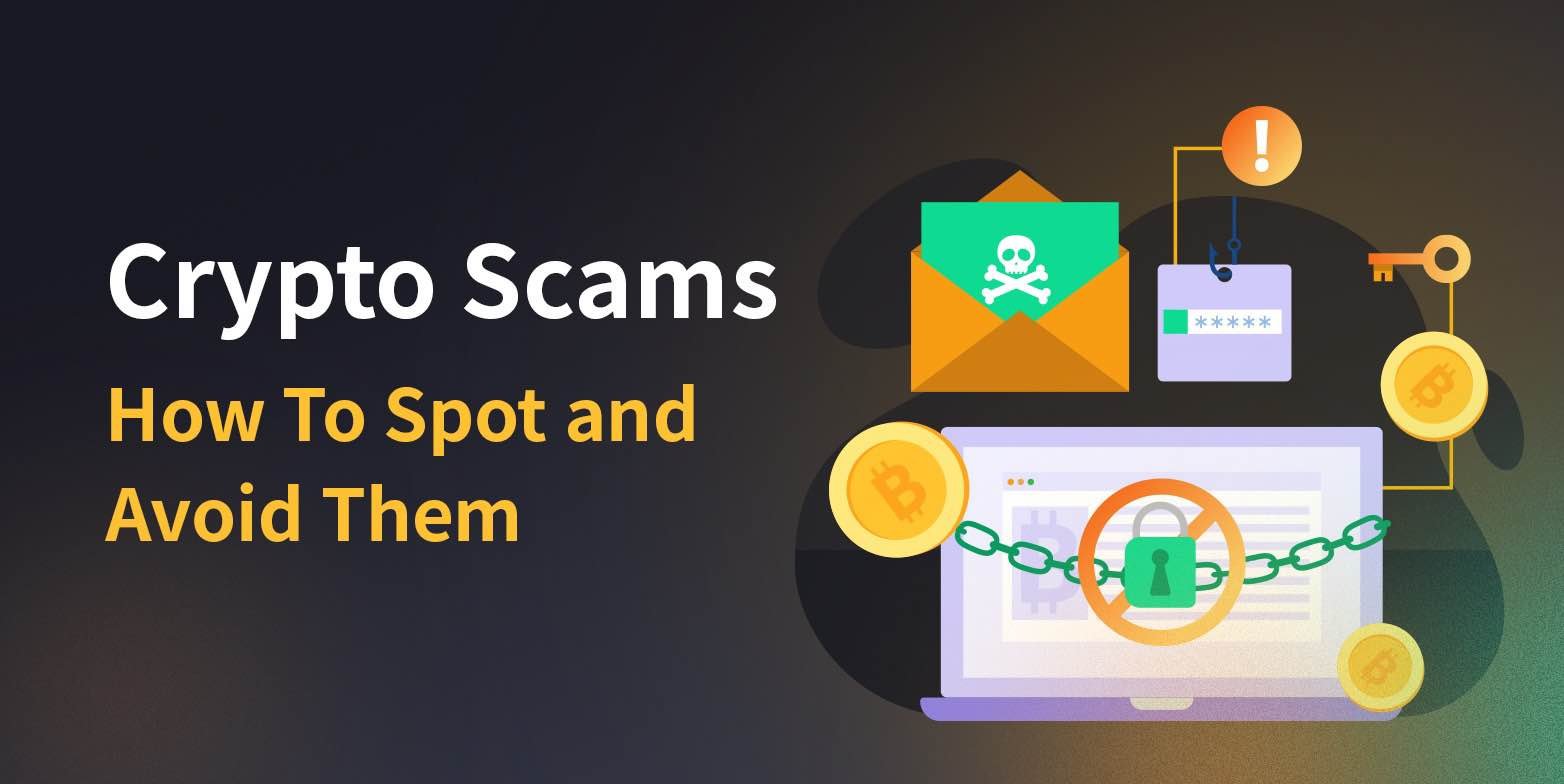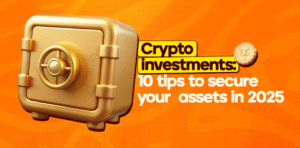Cryptocurrency is an exciting space, but it’s also a magnet for scammers looking to exploit newcomers. From fake exchanges to phishing emails, crypto scams can drain your wallet if you’re not careful. The good news? With the right knowledge, you can stay safe. This beginner-friendly guide shares essential tips to help you avoid crypto scams, spot red flags, and protect your hard-earned money.

Why Crypto Scams Are Common
Cryptocurrency’s decentralized nature and high profitability make it a prime target for fraudsters. Unlike traditional banking, crypto transactions are irreversible, meaning once you send Bitcoin or Ethereum to a scammer, it’s gone for good. Plus, the anonymity of crypto and the hype around “get-rich-quick” opportunities attract scammers who prey on beginners’ lack of experience. Knowing how to spot these scams is your first line of defense.
Common Types of Crypto Scams
Before diving into prevention tips, let’s look at the most common crypto scams targeting beginners:
- Phishing Scams: Fake emails, texts, or websites that trick you into sharing your wallet’s seed phrase or login details.
- Fake Exchanges or Wallets: Bogus platforms that steal your money or crypto when you deposit funds.
- Pump-and-Dump Schemes: Scammers hype a low-value coin to inflate its price, then sell off, leaving buyers with worthless tokens.
- Giveaway Scams: Promises of “free crypto” if you send a small amount first—spoiler: you’ll never get anything back.
- Impersonation Scams: Fraudsters posing as crypto influencers, support teams, or companies to gain your trust.
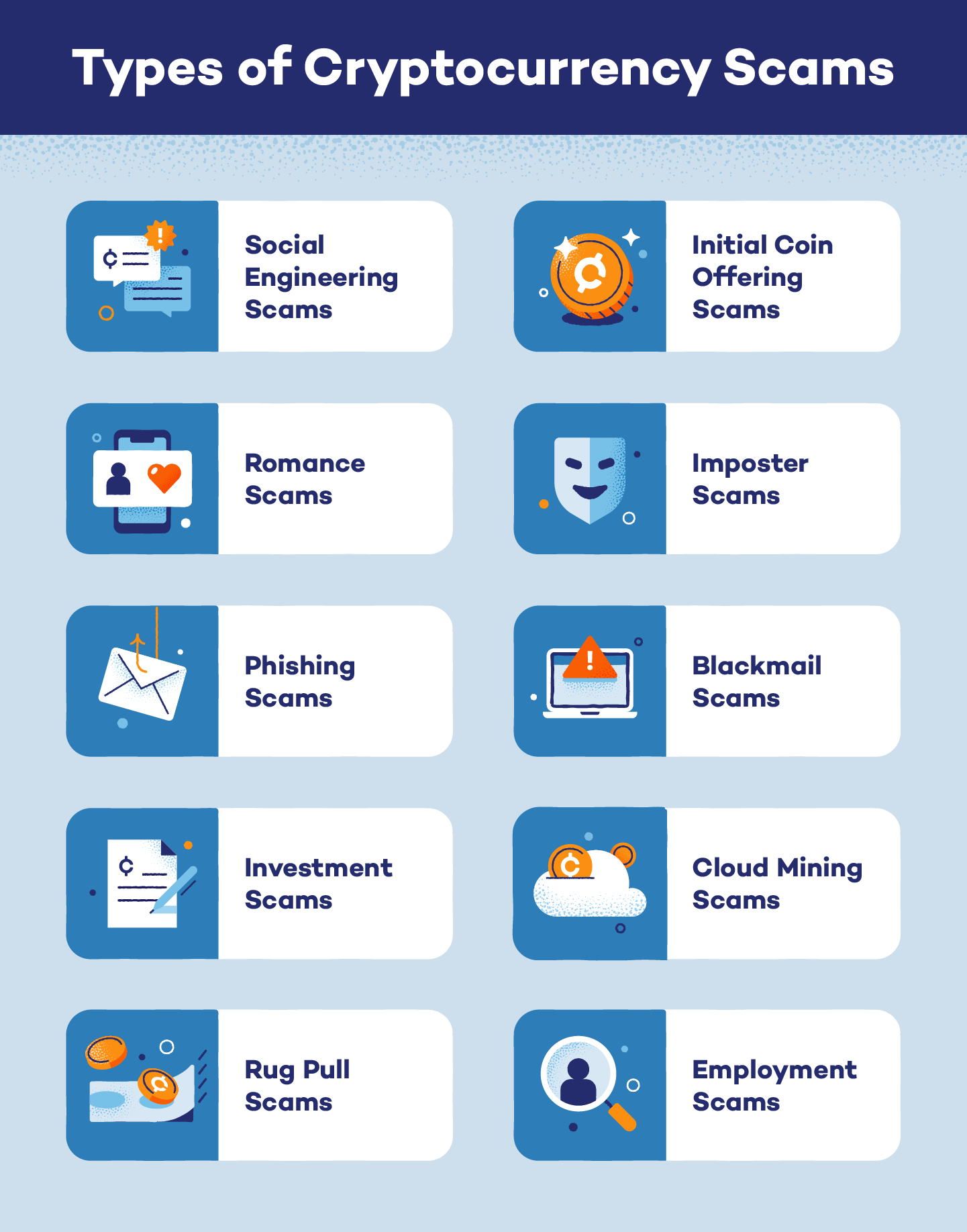
Essential Tips to Avoid Crypto Scams
Follow these practical tips to protect yourself from scams and navigate the crypto world safely.
1. Verify Websites and Apps
Scammers create fake websites or apps that look identical to legitimate platforms like Coinbase or Trust Wallet. Always double-check the URL before entering sensitive information.
- Look for “https://” and a padlock icon in the browser.
- Avoid clicking links in emails or social media—type the official URL manually or use a bookmark.
- Download wallet apps only from trusted sources like the App Store, Google Play, or the provider’s official website.
Example: A scam site might use “c0inbase.com” instead of “coinbase.com.” One letter makes all the difference.
2. Never Share Your Seed Phrase or Private Key
Your wallet’s seed phrase (12–24 random words) or private key is the key to your crypto. Scammers often pose as support agents or tech help to trick you into sharing it.
- Never give your seed phrase to anyone, even if they claim to be from your wallet provider.
- Store your seed phrase offline, like on paper in a safe, not in a screenshot or email.
- Be wary of unsolicited messages asking for your wallet details.
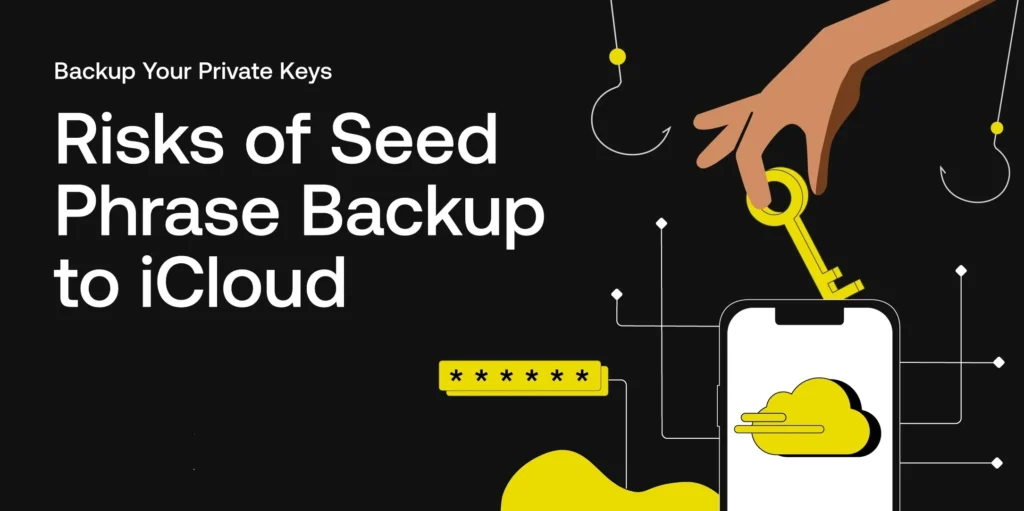
3. Avoid “Too Good to Be True” Offers
Promises of “free Bitcoin” or “double your money” are almost always scams. Giveaway scams often ask you to send a small amount of crypto first, claiming you’ll get more in return. Legitimate companies don’t give away crypto for free.
- Ignore social media posts or emails offering guaranteed returns.
- Research any project or offer before investing—check CoinDesk for reliable information.
- If it sounds unrealistic, it probably is.
4. Research Exchanges and Wallets
Before using a crypto exchange or wallet, ensure it’s reputable. Stick to well-known platforms like:
- Exchanges: Binance, Kraken, or Coinbase.
- Wallets: Trust Wallet, MetaMask, or hardware wallets like Ledger.
Read reviews, check the platform’s history, and avoid new or unverified services promising low fees or high rewards.
5. Enable Two-Factor Authentication (2FA)
2FA adds an extra layer of security to your exchange or wallet account by requiring a second verification step, like a code from an authenticator app.
- Use apps like Google Authenticator or Authy for 2FA codes.
- Avoid SMS-based 2FA, as hackers can intercept texts via SIM-swapping attacks.
- Enable 2FA on all crypto-related accounts, including exchanges and email.
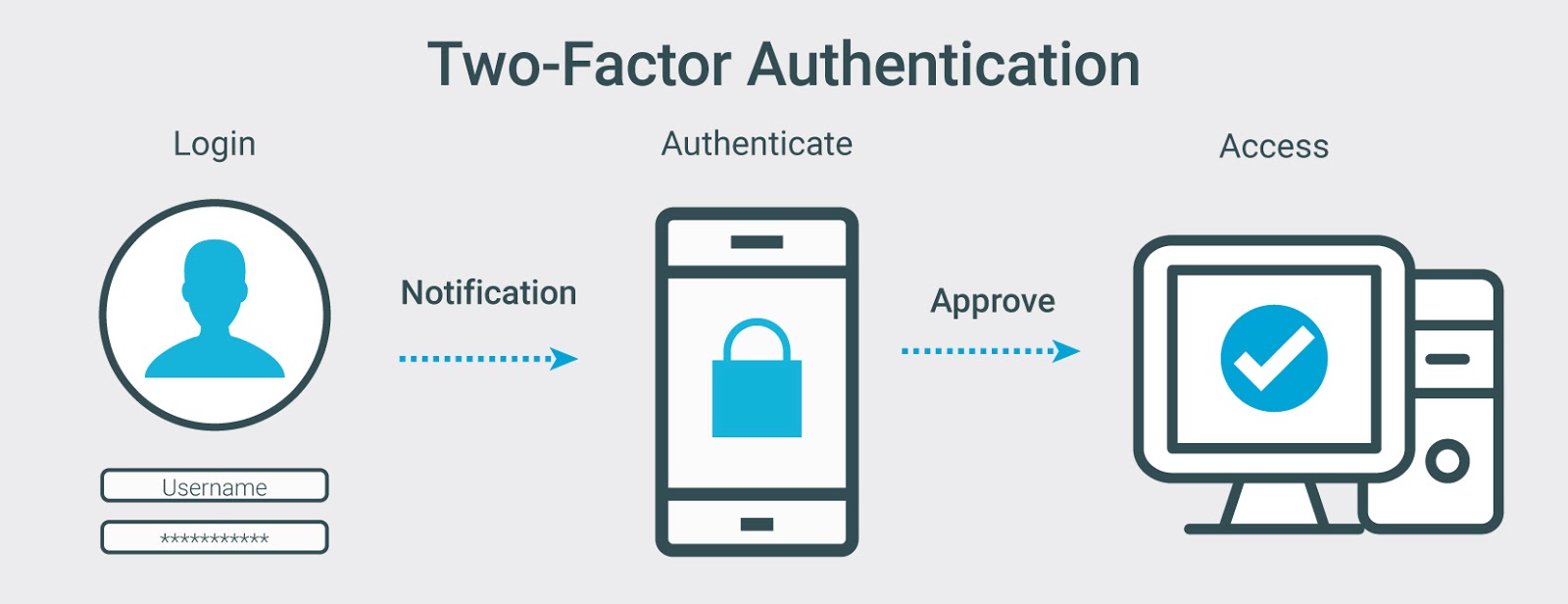
6. Be Cautious of Social Media and Influencers
Scammers often impersonate crypto influencers or create fake accounts to promote fraudulent projects. Be skeptical of unsolicited advice on platforms like Twitter, Telegram, or TikTok.
- Verify the account’s authenticity—look for official verification badges or check their website.
- Don’t invest in coins just because an influencer hypes them; this could be a pump-and-dump scheme.
- Cross-check information with trusted sources like Cointelegraph.
7. Use Secure Networks and Devices
Accessing your crypto accounts on public Wi-Fi or untrusted devices can expose you to hackers. Follow these precautions:
- Use a secure, private internet connection for all crypto transactions.
- Keep your devices updated with the latest security patches.
- Avoid using shared or public computers to access your wallet or exchange.
8. Learn to Spot Red Flags
Train yourself to recognize warning signs of a scam:
- Urgency tactics, like “Act now or miss out!”
- Requests for your seed phrase, private key, or login credentials.
- Unrealistic promises of high returns with no risk.
- Sketchy websites with typos, poor design, or suspicious URLs.
- Unsolicited messages or calls about crypto opportunities.
If something feels off, trust your instincts and walk away.
What to Do If You Suspect a Scam
If you think you’ve encountered a scam:
- Stop Communicating: Don’t respond to the scammer or send any money.
- Secure Your Accounts: Change passwords, enable 2FA, and move your crypto to a new wallet if your seed phrase was compromised.
- Report the Scam: Notify your exchange or wallet provider and report the incident to authorities, like the FTC (U.S.) or Action Fraud (U.K.).
- Warn Others: Share your experience on forums like Reddit’s r/cryptocurrency to help others avoid the same scam.
How to Stay Informed and Safe
The crypto world evolves quickly, and so do scams. Stay one step ahead by:
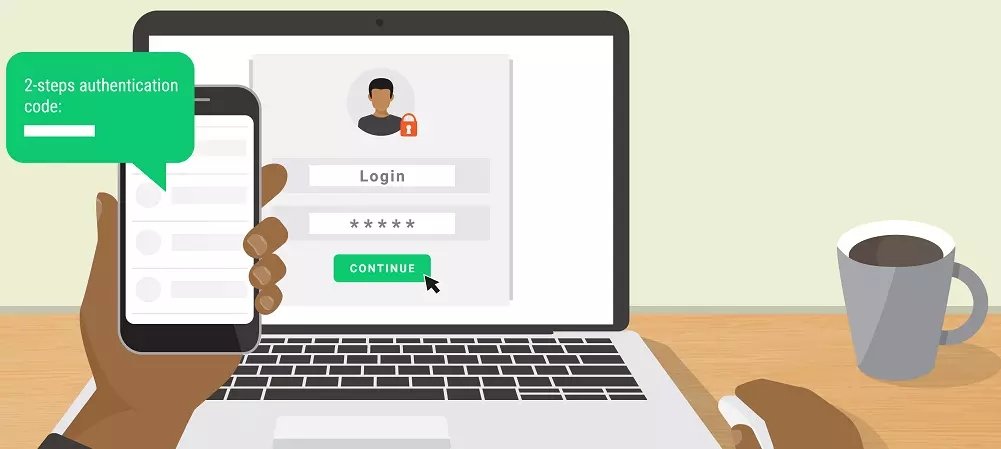
Conclusion
Crypto scams are a real threat, but they’re avoidable with the right precautions. By verifying platforms, protecting your seed phrase, enabling 2FA, and staying skeptical of unrealistic offers, you can navigate the crypto space with confidence. Start small, learn to spot red flags, and keep educating yourself. With these tips, you’re well-equipped to enjoy the benefits of cryptocurrency while keeping scammers at bay. Stay safe and start exploring the crypto world today

